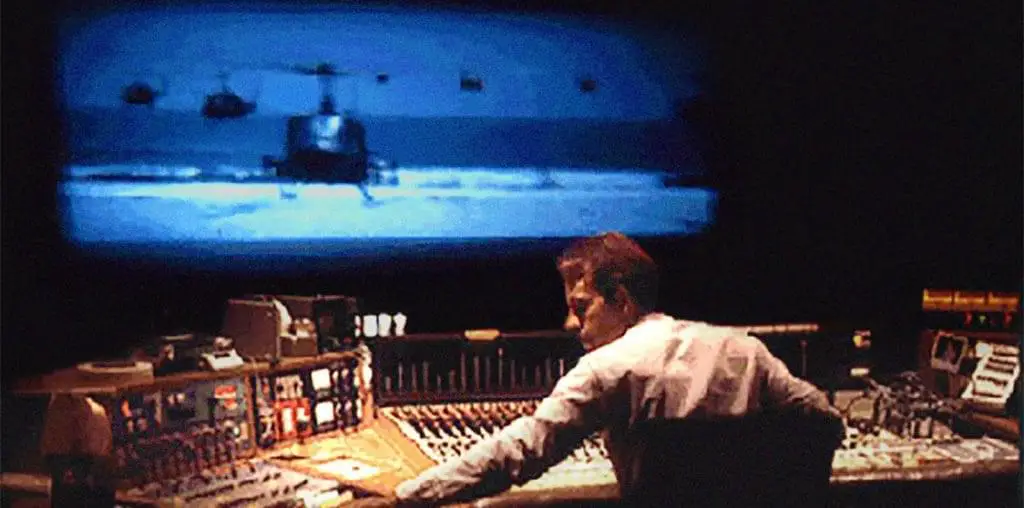
When “The Blair Witch Project” (Daniel Myrick, Eduardo Sanchez) came out in 1999, audiences tended to react in one of two ways. Either they knew it was a work of fiction pretending to be a documentary, or they thought it was a real documentary. With shaky camerawork, grainy imagery, and generally amateurish production values, there’s no question that “Blair Witch” looked like a bonafide documentary. Whether or not it’s intentional, Daniel Kraus’s film, “Sheriff,” produces a similar, yet infinitely more profound effect. It doesn’t trick you into believing it’s a movie or a mockumentary. Instead, “Sheriff” effectively guides your thought processes so that, by the time the film is over, you’ve gone from assuming it’s a movie, to wondering if it could be a mockumentary, to knowing that it must be a real documentary.
As the title indicates, the subject of Kraus’s film is a sheriff, Ronald E. Hewett of Brunswick County, North Carolina to be exact. “Sheriff” begins with an extreme close-up of the Sheriff talking about a recent arrest. The camera pulls away from his face, revealing a small crowd of listeners comprised of TV news reporters. During the next ten or so minutes, comparisons to the show “Cops” inevitably come to mind, only there aren’t any drunks, drug-buyers, or car chases. The film shadows its subject, illustrating how he handles community concerns, spends time with family, and catches criminals.
The more you watch, the more uncertain you are as to whether you’re watching a movie or a documentary. For instance, whenever Sheriff Hewett is driving, he’s wearing his seatbelt (something that characters in fiction works seldom do). The editing and cinematography are too artistic for “Sheriff” to be a documentary, but then the film isn’t trying to impress or dazzle either. The film reveals that the town is nearly covered with signs and streets bearing the Hewett name, and your suspicions that “Sheriff” is probably a documentary grow stronger. There’s a sense of humor that’s very organic and can’t possibly be scripted. In fact, some of the conversations and situations that arise are almost too absurd to have been the product of a writer’s mind (during a search through a grassy area, the Sheriff puts a brief halt on the canvassing to get his crew some insect repellent). When Sheriff Hewett and his deputies give a talk at the local school, there shouldn’t be any doubt that “Sheriff” is indeed a documentary (how else would Kraus have secured so many “extras” that are clearly not acting).
Unless you knew beforehand that “Sheriff” is a documentary, you’d go into it anticipating a movie. It’s mind-blowing that the director is also a writer for ‘Playboy,’ Salon.com, and ‘Maxim.’ Although the articles in ‘Maxim’ and ‘Playboy’ are possibly better than the pictures, it’s hard to imagine that one of their contributors could make something so educational, intriguing, and tame enough for family-viewing. Kraus does a fantastic job with “Sheriff.” Not only do you feel like you know Sheriff Hewett, but you realize that fighting crime is more problem-solving than gun-slinging.

